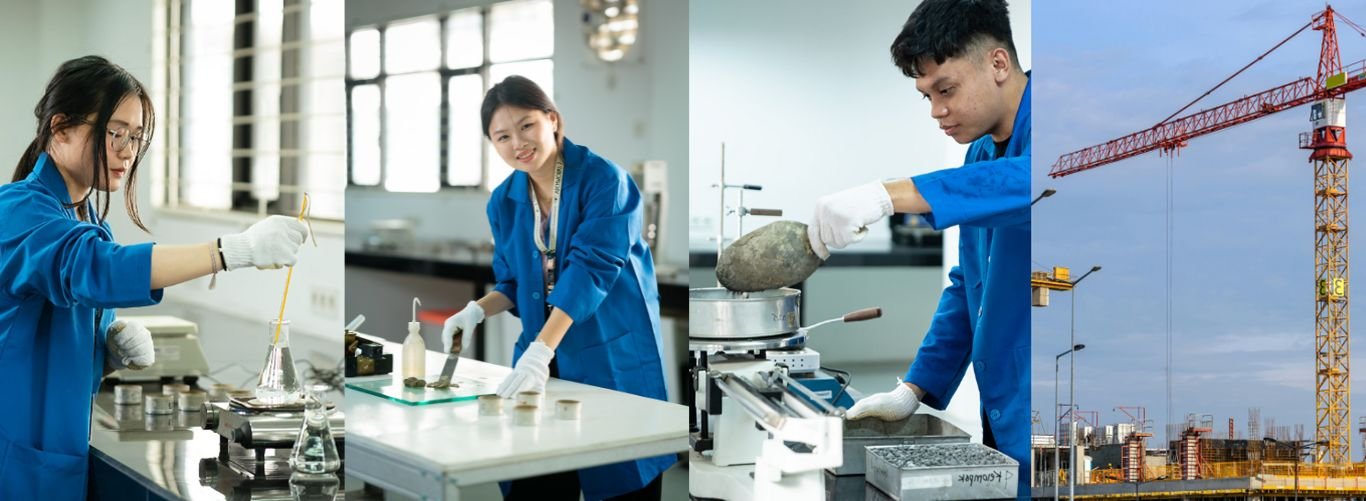Study program
Civil Engineering
See More
Uniqueness
Discover UPJ's Civil Engineering Program!
What sets UPJ Civil Engineering Program apart? We offer a dynamic, innovative approach that you'd be hard-pressed to find elsewhere.

Urban Infrastructure
Join us to lead the development of cutting-edge urban infrastructure. Our focus on sustainable design ensures you can make a real impact in improving the quality of life in cities.

Urban Society
Dive into the dynamic world of urban life! Learn how to understand and manage diverse communities, and tackle the challenges of busy city life with your expertise.

Sustainable Urban Development
Create the cities of the future! Our program emphasizes sustainable development, integrating social, economic, and environmental aspects to create safe, comfortable, and productive urban spaces.
Join us and be part of a unique and dynamic Civil Engineering program!
Future Career
- Site Engineer - Supervise and manage construction projects in the field.
- Project Manager - Design, coordinate, and control construction projects.
- Structural Engineer - Design building structures that are sturdy and efficient.
- Transportation Planner - Develop effective transportation systems.
- Geotechnical Engineer - Analyze soil conditions for infrastructure development.
- Construction Entrepreneur - Establish and manage a construction business.
Alumni Stories

I am a graduate of the Civil Engineering study program, Faculty of Technology and Design, Universitas Pembangunan Jaya in 2022. During my studies, I gained knowledge from expert lecturers in their fields. The knowledge provided is not only theoretical but also supported by practical exercises in both the laboratory and the field. Of course, the programs offered also help me to compete in the world of work. One of them is the "Certified Student Internship Program". I successfully passed and completed a 6-month internship at one of the SOE companies in Indonesia. Not only in the academic world, the Civil Engineering study program also supports its students in the world of organizations. The Himpunan Mahasiswa Sipil (HMS) UPJ is a manifestation of this support. With the existence of this organization, I feel that not only my hard skills but also my soft skills have developed rapidly. Thank you, Civil Engineering UPJ!
Shinta Amalia, S.T. Civil Engineer 2018, Estimator At PT. Totalindo Optima Pragia
I experienced many things during my college years at UPJ, but the most memorable thing is that the curriculum that was applied made me, as a student at that time, not only focus on academic values, but also required us to enrich ourselves from the non-academic side which certainly has a great influence on my soft skills. , where the benefits are currently very much felt in my career development. Taking cross-disciplinary courses also allows me personally to open up my horizons and hone my thinking patterns to be more dynamic in achieving my goals.
Reinaldo Nathaniel Elifas, S.T. Civil Engineer 2013, Engineer at PT Freeport Indonesia

 ID
ID
